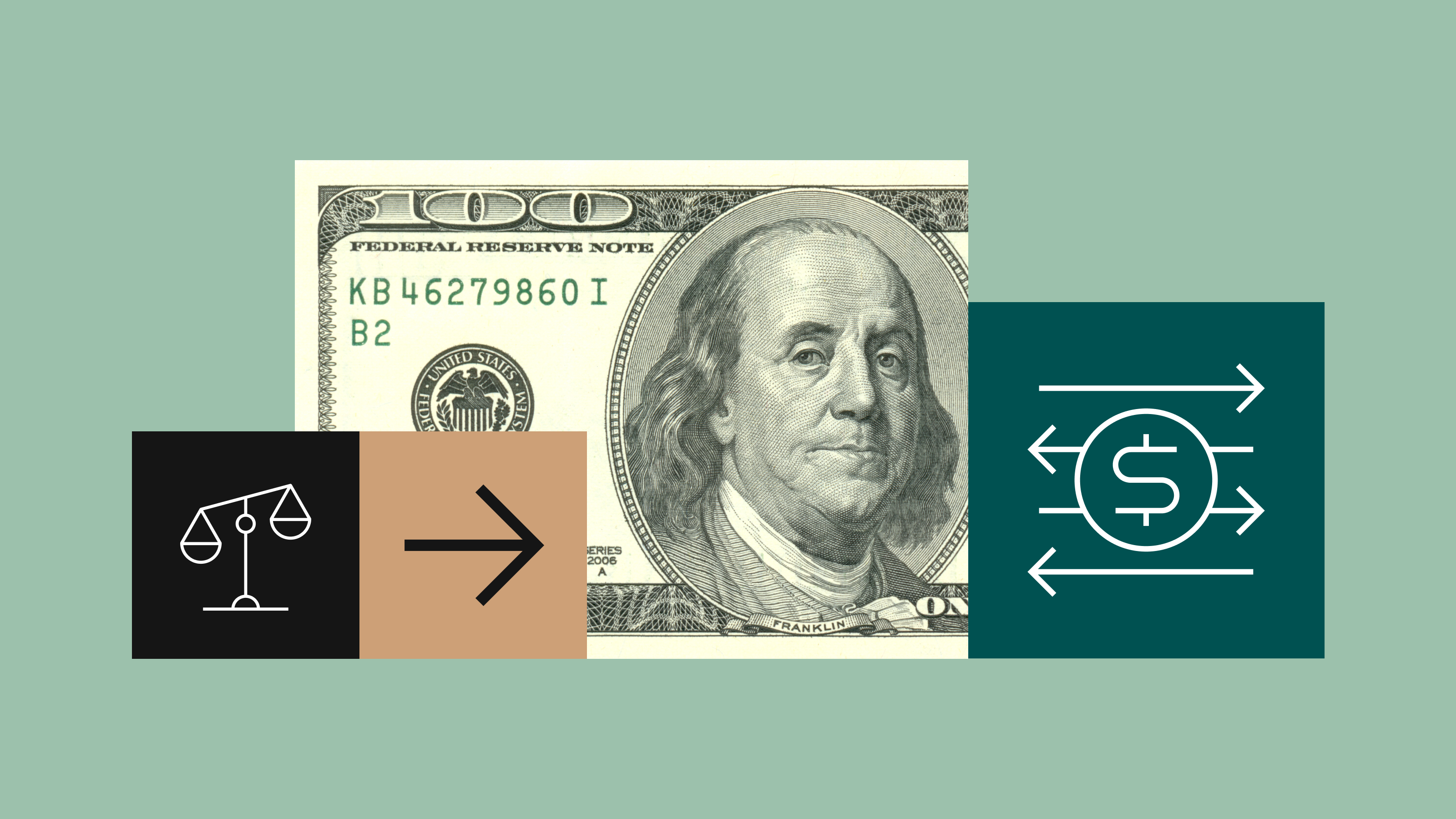Join us at Transfer 2025 to hear how industry leaders are building payments infrastructure for a real-time world.Register Today →
How to Avoid Check Fraud with Positive Pay
Positive Pay is a fraud detection tool for business accounts. This journal digs into how it works and how Modern Treasury can help automate Positive Pay reporting to help mitigate check fraud.

Although we live in a predominantly digital world, checks are still a popular payment method in the United States. In fact, data from March 2020 suggests that 81% of B2B payment volume is still processed with checks despite digital innovation. This is due to a number of factors, typically around remittance and reconciliation as well as security of not needing to share banking details of both parties.
Unsurprisingly, due to the lack of digital sophistication, checks are the most popular payment method for fraud attempts. As such, it’s important for businesses to understand the best practices for check payments to avoid fraudulent activity. One way to do that is through using their bank’s Positive Pay tools.
Check Fraud and Positive Pay
There are a variety of ways that check fraud occurs, but ultimately check fraud an attempt to cash or deposit an unauthorized check against your bank account. Checks that are altered, forged, or counterfeit can be used to fund fraudulent activity. Without proper controls, fraudsters may be able to create checks that get honored by your bank.
Not all banks are liable for fraudulent checks or there may be a limit to that protection. It’s best to check with your bank and any agreements you have in place with them to understand your liability for check fraud.
Most banks offer Positive Pay—an automated fraud detection tool—for business accounts. Positive Pay helps prevent fraudsters from issuing and cashing checks against your bank account.
How does Positive Pay work?
The core functionality of Positive Pay is to detect unauthorized check activity against a provided list of previously authorized payments. Although this may vary by bank, the basic information that is used is check number, amount, and account number provided in a Positive Pay file transmitted or uploaded directly to the bank. Some banks may allow you to transmit more details such as payee.
If a check is not matched in your list of authorized payments, it will be rejected by the bank. Depending on your bank, they may ask you to manually resolve the issue or they may simply return the check.
Reverse Positive Pay
Reverse Positive Pay is exactly what it sounds like: your bank sends you a list of checks presented against your account, and you can match those to authorized checks. This report is sent at a regular cadence, often daily. It is then up to the company to clear or reject each check.
While helpful, this method is not as effective as Positive Pay, as banks will typically default to clearing checks if the company does not respond in a timely manner. It also almost always requires human intervention, making it more difficult to automate.
Automate Positive Pay reporting with Modern Treasury
If supported and enabled by your bank, Modern Treasury automatically transmits Positive Pay files to your bank ahead of any checks that get issued through the platform. This automation makes check fraud prevention turnkey, enabling you to focus on the core parts of your business.
In some cases, banks may even require Positive Pay when using external check printing services. In these situations, the bank has no control over the check printing; thus, to minimize fraud and errors, the bank employs Positive Pay in order to honor the checks printed by a third party.
Next Steps
Positive Pay is a simple yet effective way to mitigate check fraud. Modern Treasury handles all the heavy lifting, ensuring Positive Pay files are transmitted to the bank and only authorized checks are transacted on your bank account. If you want to learn more about Positive Pay or other ways to mitigate fraud using Modern Treasury, reach out to us.
Try Modern Treasury
See how smooth payment operations can be.






